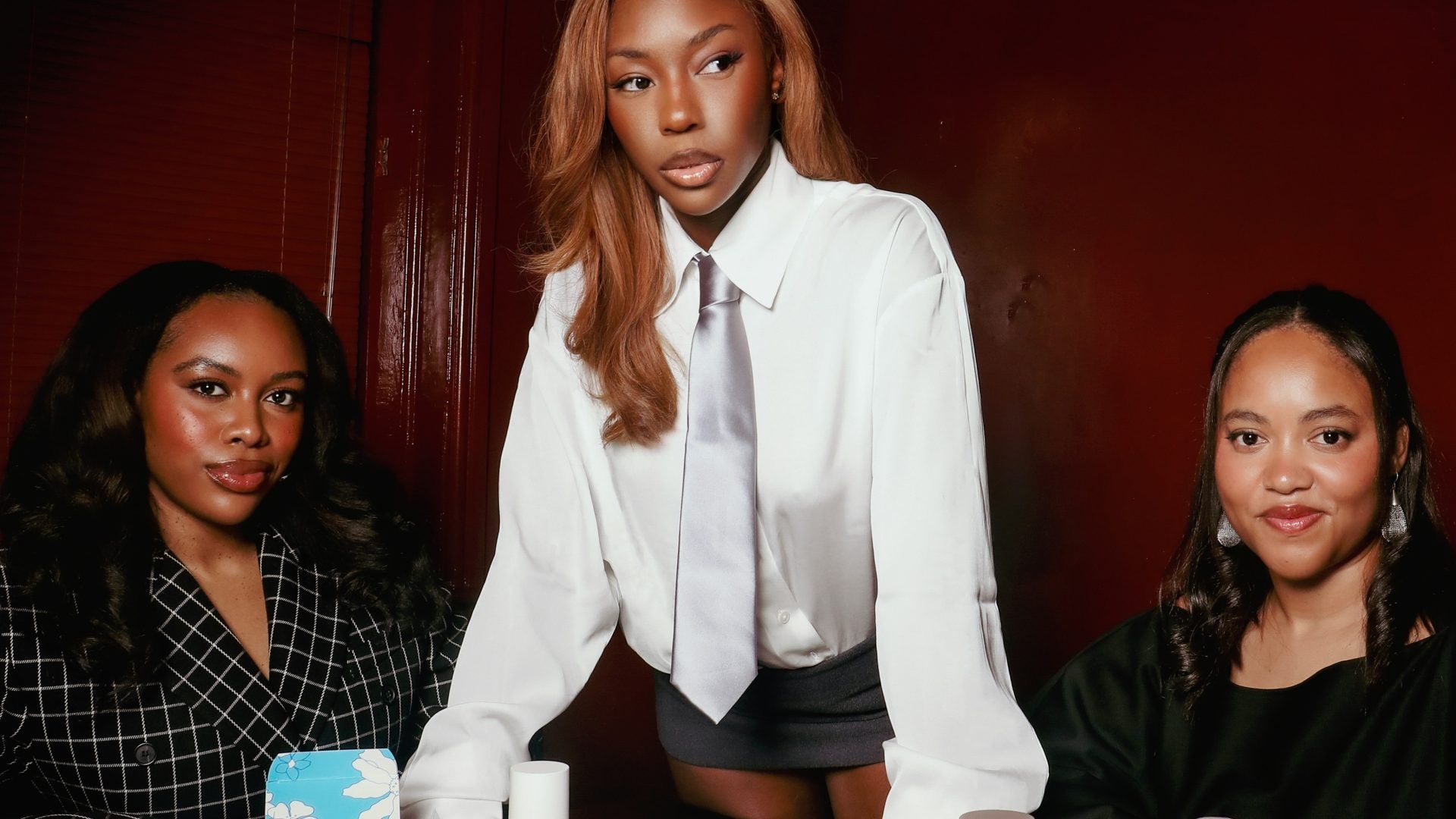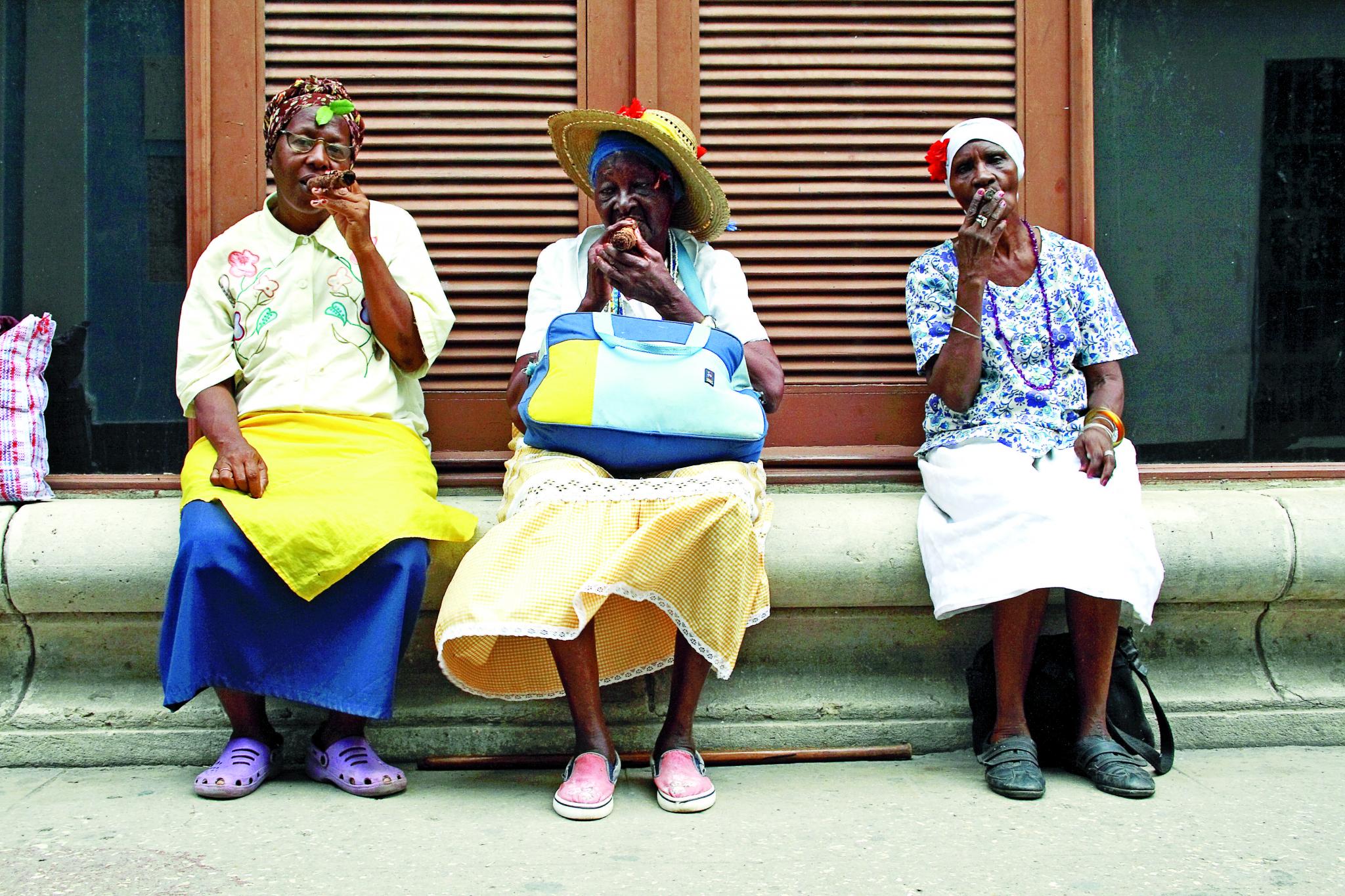
Yesenia Fernández Selier, an Afro-Cuban dancer and Ph.D. student, cheered when President Barack Obama announced the political thaw between the United States and Cuba last December. It was a huge shift— the U.S. and Cuban governments had been adversaries for more than 50 years.
Now, both countries have vowed to normalize relations. Among the changes: An American embassy will be reestablished in Cuba; political prisoners in both countries have been released; American citizens are allowed to travel to Cuba for humanitarian work and public performances without special approval; and some imports and exports will be allowed between the countries (though the trade embargo is still not completely lifted).
To understand why this diplomatic breakthrough is such a feat, first, some history: The two countries’ complicated relationship was at its most hostile during the Cold War, when Fidel Castro—who came to power during the Cuban Revolution of 1959—forged an alliance with the Soviet Union. This, and ideological differences around Cuba’s communist leadership (which sanctioned egregious human rights violations), led the U.S. to impose a trade embargo on the country in 1960. The goal was to make life so difficult for Cubans that Castro’s government would crumble and move toward democracy. But the new embargo exacerbated tensions (most notably the Cuban Missile Crisis), plus Cuba had a powerful trading partner in the Soviet Union and didn’t need U.S. exports.
Scores of White Cubans, descendants of Spanish colonists, looking to flee Castro’s regime sought exile in the United States. “The first wave of Cubans to the U.S. in the sixties was about 90 percent White,” says Guillermo Grenier, a professor of global and sociocultural studies at Florida International University. By contrast, most Black Cubans, descendants of African slaves, stayed behind. “The revolution was greatly supported by Black and mulatto Cubans,” says Grenier. Under Castro, citizens were given free education and health care, and the communist leader also vowed to wipe out racial inequalities, all of which largely appealed to Black Cubans, who made up a significant portion of Cuba’s working class and laborers.
But when the Cold War ended in 1991, Cuba’s economy buckled without Soviet support. Black Cubans, who were on the lowest rungs of the socioeconomic ladder, were hit hardest. And many White Cubans, bolstered by the remittances they’d been receiving from their relatives who had fled to the U.S., were able to supplement their incomes and live at a higher standard. In fact, a study by Miami-based Havana Consulting Group found that in 2013, Cuban-Americans sent relatives on the island a record $2.77 billion—money that disproportionately helped Whites. “Racism became acute after the 1990’s in Cuba,” says Selier, who explains further that the government cut deals with private sector foreign investors, and Afro- Cubans weren’t able to secure better-paying positions in the new, more lucrative tourism industry. Two economies existed: a free market one for White Cubans and the old, broken socialist one for Black and mixed-race Cubans.
Selier sees the new policy shift as a progressive opportunity for Cuba. And she’s not alone: A 2014 FIU poll found that Cubans who self-identified as mulato or negro were more likely to oppose the trade embargo, support unrestricted travel by American citizens and favor diplomatic relations than Cubans who describe themselves as White.
Leslie Aldama, 44, a Realtor associate who grew up in Guantánamo Bay and came to Miami in the late 1980’s, says her Black Cuban parents voted Republican for decades because they believed in the GOP’s position: that the embargo would take down the notorious Castro. But now, Aldama says, even some members of the older exile commu- nity are changing their stance: “My parents voted Democrat in the past two elections. They’re starting to understand that the embargo hasn’t changed anything.”
So what’s next? A battle in Congress. In January, a bipar- tisan group of senators introduced the Freedom to Travel to Cuba Act of 2015. They’ll no doubt face significant pushback from those who argue that President Obama gave the Cuban government commercial incentives without much in return. Whatever the changes to come, the lines of communication have officially been opened.

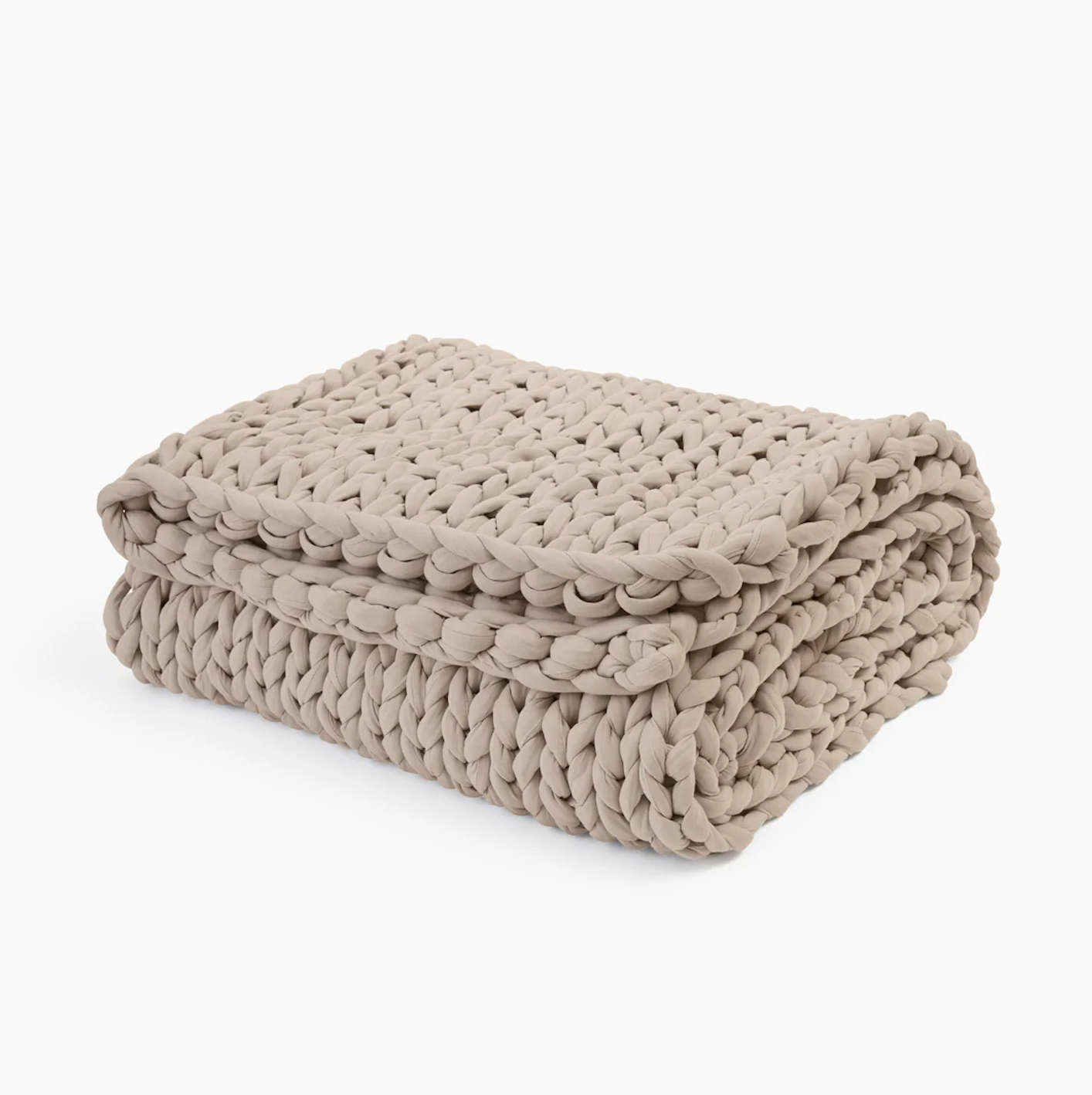
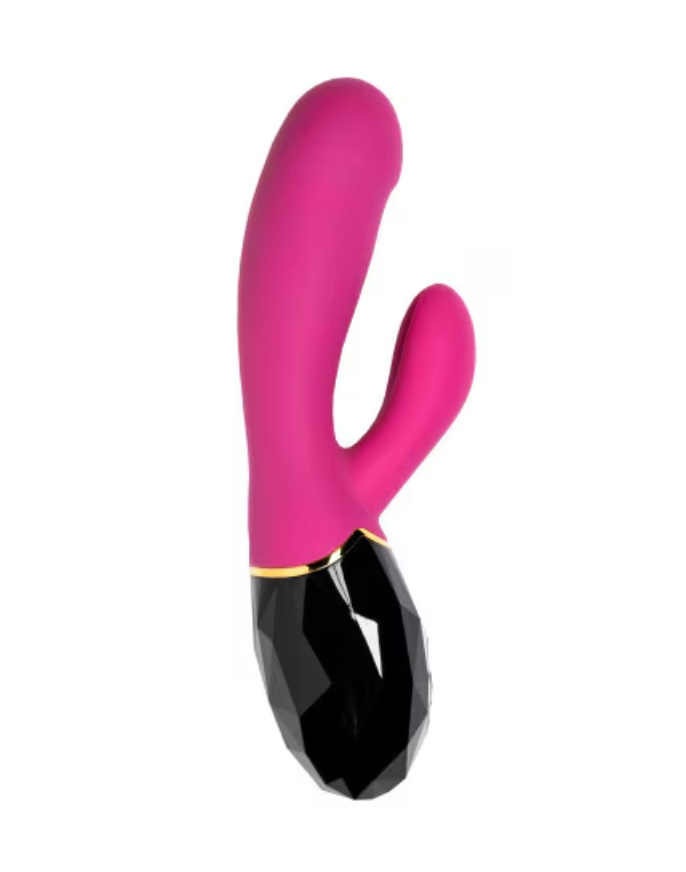

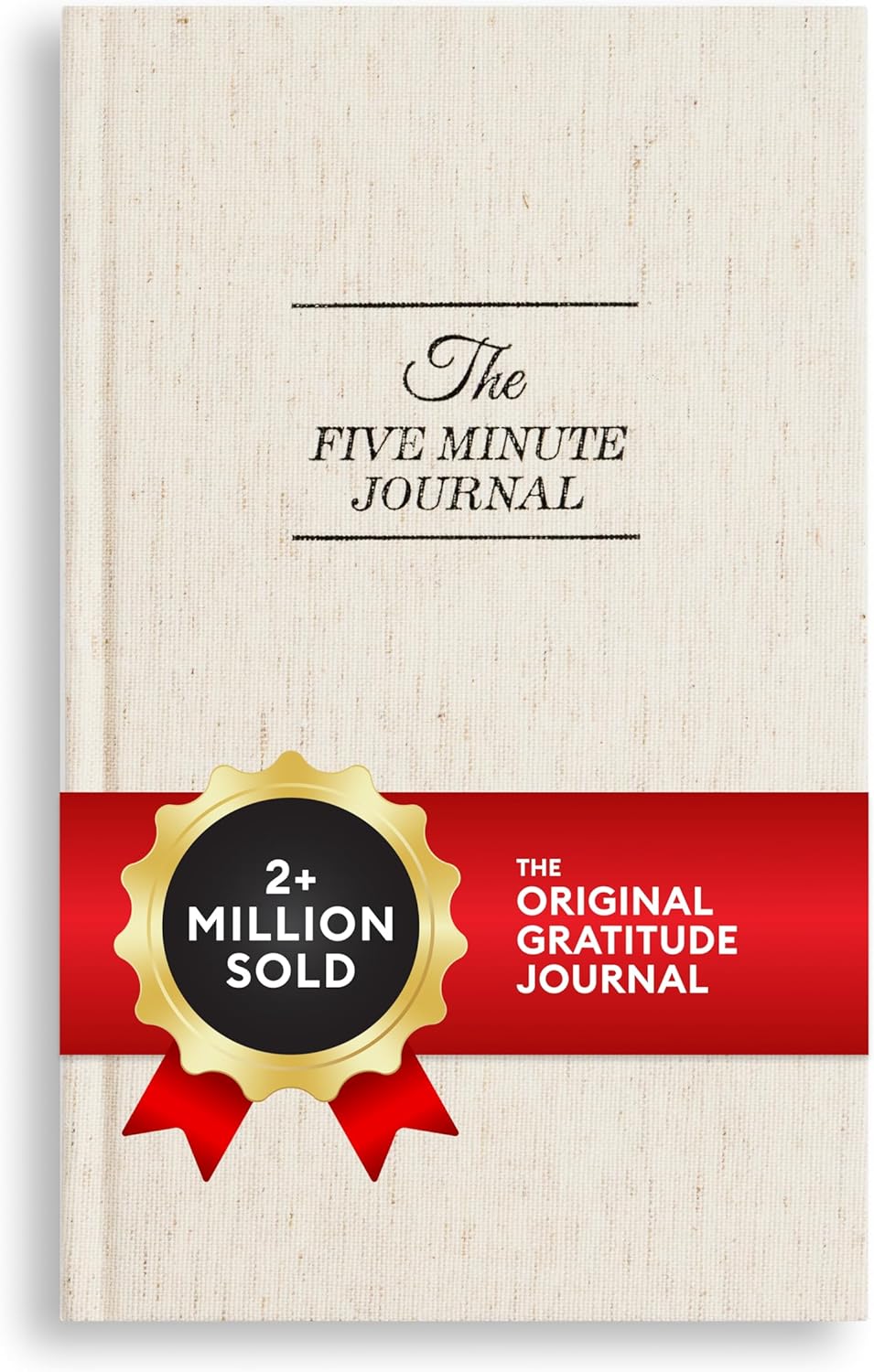


Karen Rundlet (@kbmiami) is a multimedia journalist at the Miami Herald. She is also a contributor to WLRN-FM, NPR’s Miami station.
This feature was originally published in the April 2015 issue of ESSENCE Magazine.


